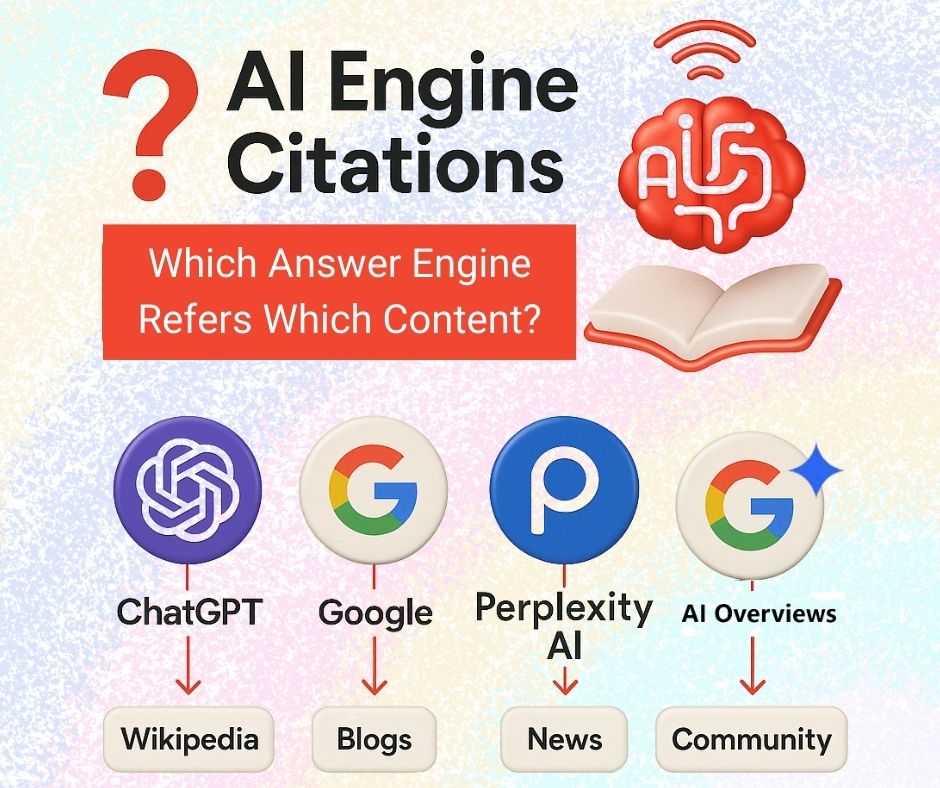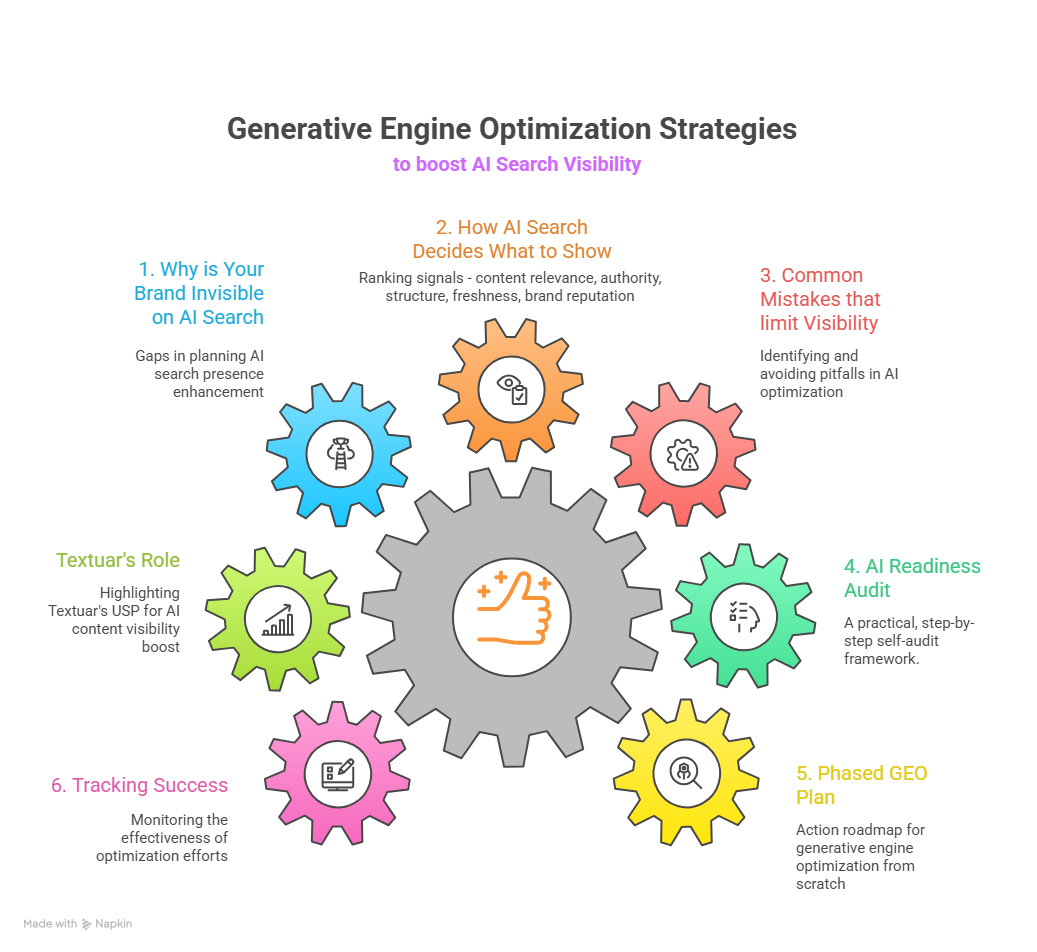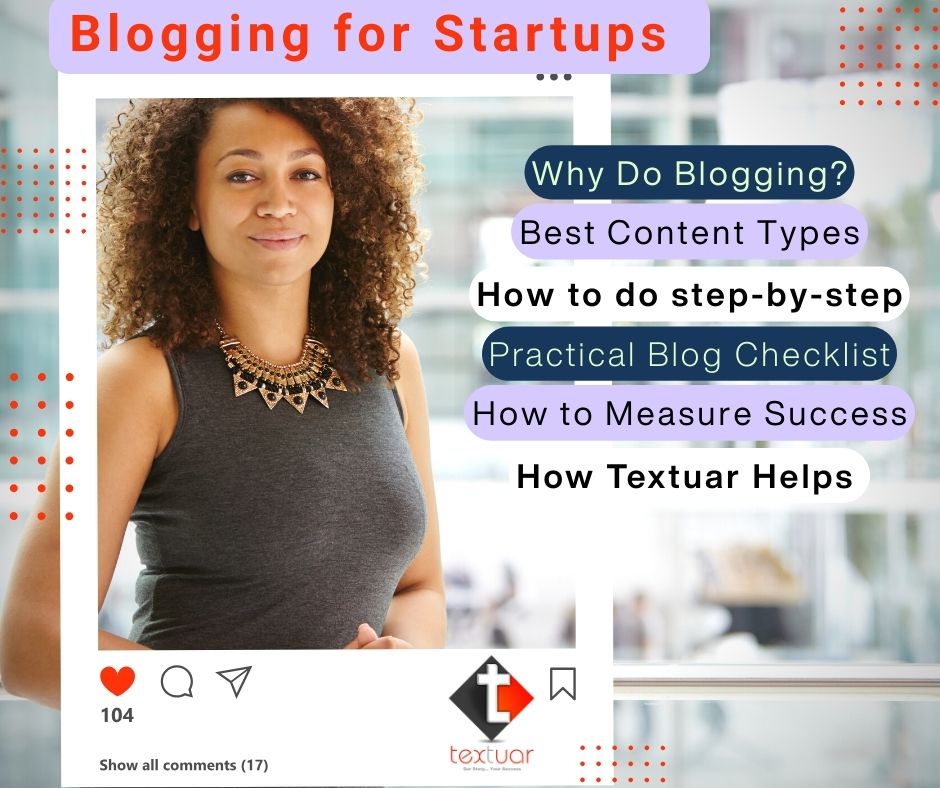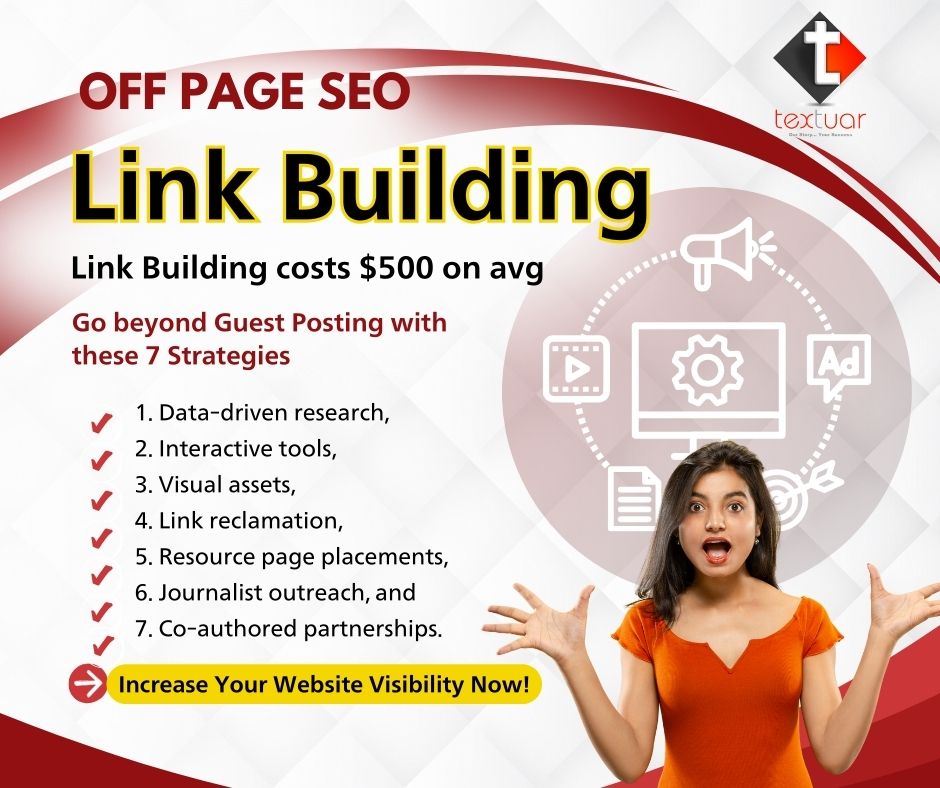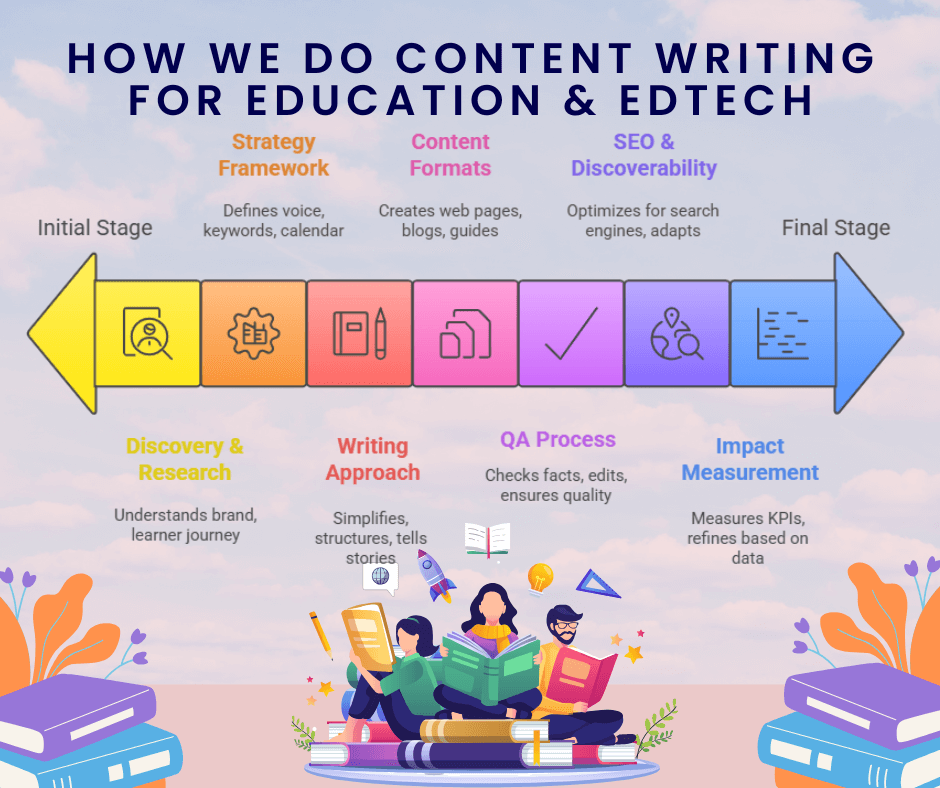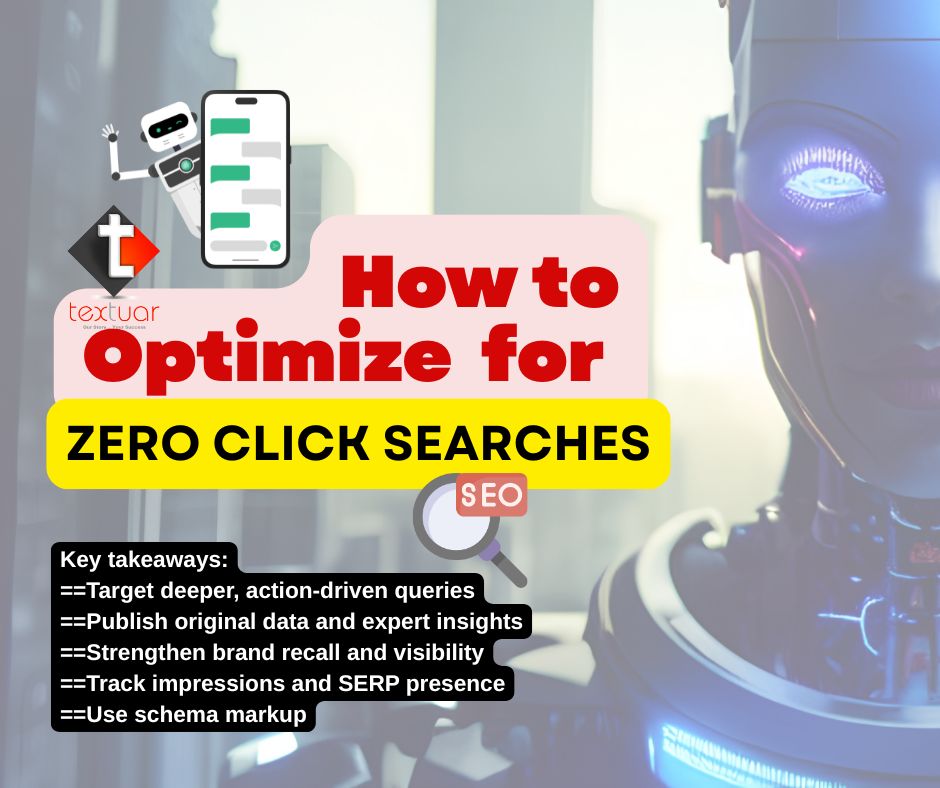📌 TL;DR – Quick Summary
AI engine citations are the new visibility driver in search in 2025. Platforms like ChatGPT, Gemini, Perplexity, and Google AI Overviews pull content directly into zero-click answers, citing blogs, product reviews, communities, and news sources. With Answer Engine Optimization (AEO) of content from Textuar, your content can earn citations, strengthen trust and authority, and capture traffic opportunities even when it doesn’t rank on Google’s first page.
Every marketer now wants a greater share of the pie in AI generated answers on ChatGPT and AI Overviews. But did you know that all LLM models powering these answer engines cite different sources differently?
So who cites what? The answer will provide leading indicators for marketers where to put their efforts in when they want to optimize for AI Overviews. After all, Google isn’t the only search service now.
What are AI Engine Citations
It is interesting to note the key difference in how AI engines present search results when compared with the traditional search engines. Here, the answer engines curate an answer directly on the screen. On the other hand, older searches showed links that searchers might have to visit to find their answers.
This is why, the AI-generated answers are also known as ‘zero click’ answers (as searchers do not have to be redirected to another site from the search results page).
When you use answer engines like ChatGPT or Perplexity, you see information collected by them from various sources. They work like mini backlinks and signals which websites it trusts enough to present to its users when generating an answer.
For businesses and marketers, this means that AI engine citations lead to better visibility and higher credibility.
Which AI Engine Cites Information from Which Source?
James Allen from Search Engine Land presented interesting insights after going through nearly 8000 AI citations.
| AI Engine | Citation Preferences | Top Sources & Proportions | Notable Characteristics |
| ChatGPT (GPT‑4o) | Prefers authoritative, factual, non-commercial sources | – Wikipedia: 27% of citations – News (e.g., Reuters ~6%): ~27% – Blogs: ~21% – Comparison portals (~17%) | Avoids user-generated content and vendor/product blogs (<3%) |
| Google Gemini (2.0 Flash) | Balances authoritative sources with community input | – Blogs: ~39% (e.g., Zapier ~2%) – News: ~26% (e.g., PCMag, Forbes ~2% each) – YouTube: ~3% – Community: ~2% | Mixes professional reviews with peer feedback; less emphasis on Wikipedia |
| Perplexity AI (Sonar mode) | Emphasizes expert sources and specialized reviews | – Editorial/blogs: ~38% – News: ~23% – Product blogs: ~7% – Expert review domains (e.g., NerdWallet, Consumer Reports): ~9% | Includes some UGC (carefully), and citation preferences vary by topic. |
| Google AI Overviews | Aggregates blogs, news, community, social, and vendor content | – Blogs: ~46% – News: ~20% – Community (Reddit/Quora): ~4% – LinkedIn articles: significant – Vendor product blogs: ~7% – Wikipedia: <1% | Prefers deep pages over homepages; highly diverse source mix. |
Which Type of Content is Cited Most Frequently?
| Top 5 Most-Cited Content Types by AI Engines | ||
| Rank | Content Type | Why It’s Frequently Cited |
| 1 | Blogs (including expert and product blogs) | Blogs are a staple across engines – forming ~21% of ChatGPT’s citations, ~38% for Perplexity, and ~43% for Google’s AI engines. |
| 2 | Product-related content | Up to 70% of AI citations are from product-specific content like reviews, comparisons, and product blogs. |
| 3 | Reddit & community-generated content (UGC) | Reddit alone accounts for around 40.1% of citations in AI-related searches, demonstrating the high influence of peer discussion and user experiences. |
| 4 | Wikipedia & encyclopedic sources | Wikipedia remains a consistent authority, particularly for AI models like ChatGPT that favor factual and encyclopedic references. |
| 5 | News outlets, trade pubs, and niche sites | AI bots frequently reference news, trade publications, and specialized websites for fact-based queries |
Now that you know what types of content are popular for AI engine citations, let us now see how to optimize content so that you have a higher chance of being cited on these answer engine LLMs.
Why is Answer Engine Optimization Important?
In mid‑2025, AI-powered platforms such as ChatGPT and Perplexity dominate some 40% of consumer searches. AI-driven answers now uphold their growth momentum over traditional search paths. For marketers, it no longer means mere Google organic search optimization is enough. We need to spread our reach to target the sources that are referenced by answer engines for building AI-generated answers.
Here are some reasons why you need to optimize your content for AI engine citations.
1) AI Engine Citations Help with Zero Click Searches
Answer engines often provide direct replies instead of requiring users to click through. As a result, fewer clicks are seen by your website and you may also be given citations.
This means that while traditional Website promotion methods are declining, you maintain a certain degree of visibility through getting described in those answers.
2) Building Trust and Authority
Shortened text summaries give users more faith. Studies find that just the fact of having been cited makes AI-generated content seem more reputable, no matter whether the citations were accurate or not. It will make the impression that your own brand is a higher-level author.
3) Alternative Traffic Pathways
Right now, AI visibility has nothing to do with your ranking in the normal search results. In the end, only 12% of AI citations overlap with Google’s top ten websites. This being so means well-structured and relevant content can win AI citations when it doesn’t rank very high on search engines. Enter.
4) Strategic Differentiation
Content strategies are being revolutionized by AEO (Answer Engine Optimization). A brand that focuses on translating the content for AI citation will have a brand new competitive advantage. As AI becomes the society’s main way of obtaining information, their results stand out from those of others.
How to Optimize Content for AI Engine Citations
Answer engines like AI Overviews and Perplexity do not pull any random page. They prefer that the content is believable, structured and contextually rich. To earn citations, your content has to provide clear value and align with the way these engines are scan and process information.
Here are four practical measures you can take to optimize your content for greater citation potential on ChatGPT.
1) Build Authoritative and Fact-Rich Content
AI model loves authority. You should make the effort to add verified facts and link to credible sources. Another idea is to use comments from experts to consolidate your credibility. Do not use fluff words and make sure the content you produce answers readers’ questions directly.
Another good idea would be to insert statistics and data or quote any references from the literature you may have. Engines like ChatGPT still like to be encyclopedic. So making the content a reliable knowledge hub would make it citation-worthy.
2) Structure the Content for Clarity and Retrieval
The content structure should clear as well as retrievable. For this, you can use headings, numbered lists and succinct summaries. This makes it easier for AI to extract answers. Even short paragraphs and easily-scannable formats are of vital importance.
Using schema markup also sends across the message that this information is relevant. If your data is well-organized, more orderly, then Google AI Overviews’ engines tend not just to read but also display your work.
3) Use a Human Voice for AI Engine Citations
While authority is important, AI such as Gemini and Perplexity can cite blogs and expert opinions that sound relatable. You need to use human language in a tone can be seen to be friendly and believable.
Avoid doing any robotic writing where you can adopt a conversational tone which explains complex ideas in simple language. This mixture of authority and approachability helps AI-engine think about your content as credible.
4) Use Diversified Content Formats
As we have seen above different Answer engine LLMs use various information sources. Some pull blogs, news, and reviews, while others include video transcripts or comments from community members. Hence, it would be a splendid idea to repurpose your main content into varied formats-
- Articles,
- Case studies,
- Videos, and
- Product reviews.
In this way, you can increase the likelihood of appearing across multiple AI systems. This makes sure no matter whether users prefer text-based answers or multimedia ones, people are able to see your content due to AI Engine Citations.
How a Content Marketing Agency can Help Optimize for AI Engine Citations?
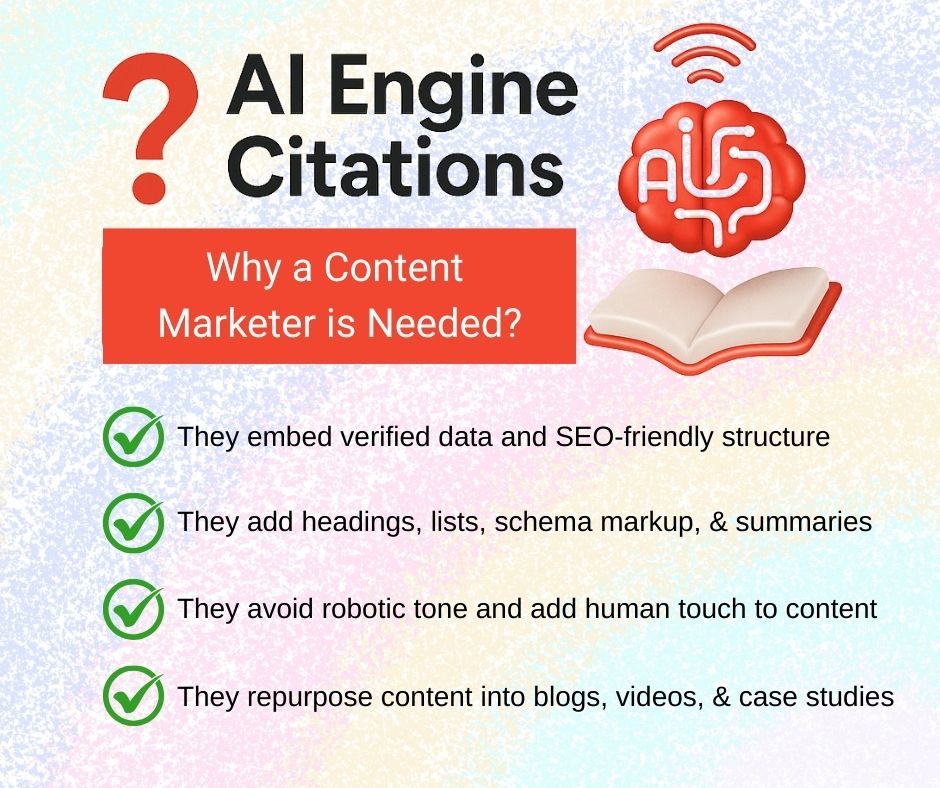
When you want to optimize for AI engine citation, you need an expert for precision steps for this purpose. Balancing authority, structure, and human tone in content is a common problem that many businesses grapple with.
This is why you need to engage a skilled content marketing company.
It will be able to integrate strategy and implementation together so that your brand is talked about by AI-driven platforms such as ChatGPT, Perplexity and Google AI Overviews.
1) Content Strategy
Specialist content marketers have a knack for producing content that combines authority with accessibility. They can produce articles, blog posts, and reviews which the LLMs of AI engines prefer citing.
When you embed verified data, expert quotations and SEO-friendly structures, you make the brand appear reliable. That way, it stands a better chance of being referenced by answering systems for a range of topics.
2) Structured and Search-Friendly Content
A content marketing agency ensures that your content is well-structured with headings, bullet points, schema markup, and summaries. It will be easy for AI to scan, extract, and cite such content when it is building AI generated answers to search queries.
Proper formatting helps provide a better reading experience for people. Moreover, it tells AI systems that this page has factually correct information presented in an orderly manner.
3) Humanized Brand Voice
Professional writers maintain a tone that is both consistent and accessible. Such content is authoritative and relatable as well. Agencies avoid the robotic, dull, and keyword-stuffed writing that turns readers off. Instead, they make complicated ideas simple and engaging.
This approach works for both users and answering systems. This type of human touch makes the likelihood greater that your brand voice will be acknowledged and consistently cited.
4) Multi-Format Content for AI Engine Citations
AI engines draw from blogs, videos, reviews, and community posts. Agencies diversify your content into many different media forms. You can repurpose one single content asset into written blogs, explainer videos, customer case studies, and item comparisons.
This means that your brand’s imprint is deeper in all the kinds of sources that AI algorithms like. Hence, it can be found even more frequently in zero-click answers and citations.
To sum it up
The future of online visibility is winning with AI engine citations. Companies that grasp this point in 2025 will get a competitive edge in online searches. You need to be smart to get visibility on answer engine LLMs like Perplexity and ChatGPT and influence buyer journey.
Connect with Textuar to meet this complex goal of appearing on zero-click searches. from product content to authoritative blogs, we produce quality content that LLMs can scan and use for building AI generated answers. Connect with us ensure that your brand receives the visibility and competitive edge it deserves.
Do you need product content, blogs, or PR to get cited on LLMs? Contact our team at Textuar with this need.
FAQs
What is Answer Engine Optimization?
Today’s search entails zero-click answers tend on search results. These answers are created by AI engines like ChatGPT and Google AI Overview. With AEO, you ensure that your site gets cited on this sought-after space.
Why do AI engine citations matter to businesses?
Citations act like minor backlinks that enhance brand visibility and trust. They help businesses to gain authority even when they are not ranked well in organic Google search.
How can Textuar help with SEO for AI Overviews?
Textuar generates the sort of structured and human-centric content that radiates authority. Such content is useful for AI engine citations and hence appear in AI answers.
How quickly can businesses see results from Answer Engine Optimization?
Results are dependent on the category. But most companies often find that their content begins to be cited in AI results six to twelve weeks after it is published in a structured, fact-rich manner suitable for answering engines.

